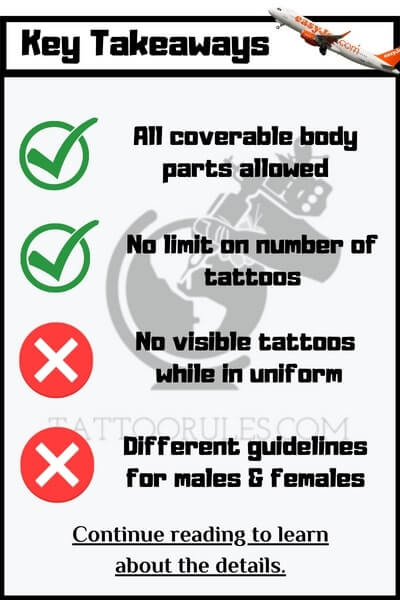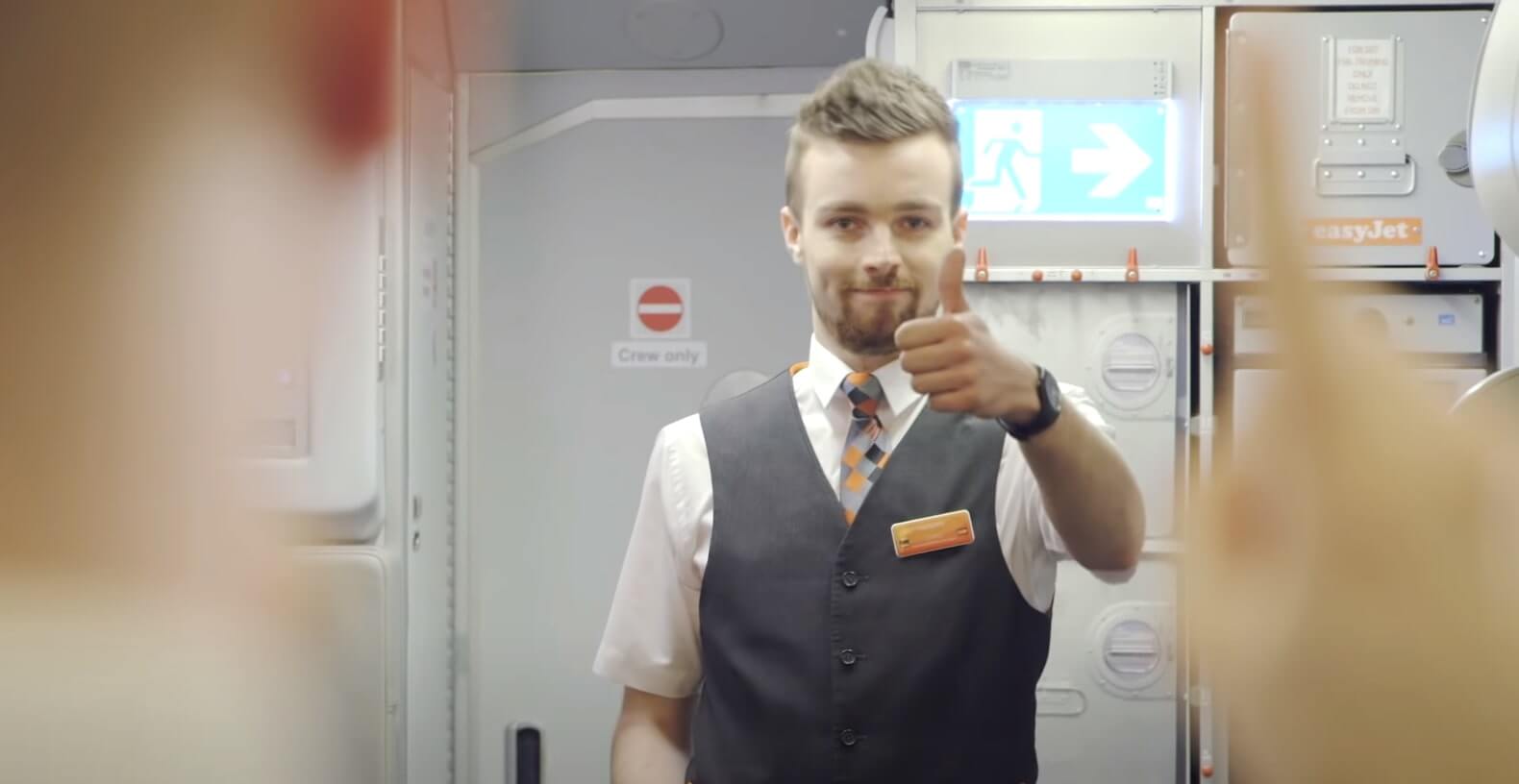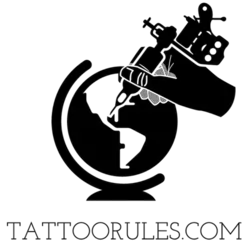Even though tattoos are way more accepted in the UK and around the world than they were in the not-so-distant past, certain industries are still upholding their strict stance against them.
Without a doubt, the top spot on the list belongs to the aviation sector.
If one of the most well-known UK low-cost airlines, Easyjet, is where you see your next career step, you should probably remain with us while we look at the latest Easyjet tattoo policy.
So, does Easyjet allow tattoos for flight attendants and pilots?

Easyjet Tattoo Policy – All You Need to Know
Unfortunately for the tattooed community of those willing to work in the skies, Easyjet has some of the strictest tattoo policies in the European aviation business.
Anyone applying to work for the airline can’t have any tattoos on display while wearing the Easyjet uniform. What’s more, the present policy restricts the wearing of bandages or covering the ink with make-up.
Because the crew’s uniform is different for men and women, the airline has separate tattoo placement guidelines for each gender.

As you can see in the graphic above, the restricted regions vary slightly for male and female crews.
Men aren’t allowed to have any tattoos on the head, face, neck, or hands.
Women aren’t allowed to have any tattoos on the head, face, neck, hands and, additionally, lower legs.
Offensive Tattoos a No-Go
Once the visibility requirements are met, the battle is only half won.
Furthermore, your tattoos should not contain any offensive themes or language. This means that any tattoo that could be seen as hostile, racial, sexist, or otherwise discriminatory will be prohibited.
No matter how qualified you are, if you have any tattoos with such content, you will be unable to work with Easyjet (and rightly so).
Long-Sleeves to Save the Day
There is still hope if you have arm or even full-sleeve tattoos.
Easyjet employees can choose between short and long sleeve shirts. If you are willing to wear long sleeves at all times, you might ask if tattoos on your arm are permitted during the job interview.
If you absolutely want to work for an airline, this is a viable alternative; however, it is far from comfortable, particularly in the summer months.
It’s all about managing your priorities, huh?
Do Any Airlines Allow Flight Attendants to Have Tattoos?
Most airlines in the UK and Europe have similar restrictions to Easyjet.
However, there are some exceptions to the rule.
If you sport tattoos in visible places prohibited by Easyjet, you can consider Virgin Atlantic an awesome alternative. After their recent policy update, Virgin Atlantic crew can have visible tattoos – as long as they’re tasteful.

If you’re willing to relocate, some airlines in the United States also have more lenient policies.
For example, Alaska Airlines and United Airlines allow their flight attendants to have small tattoos in visible places, as long as they’re not larger than the uniform badge.
The “badge rule” isn’t mentioned in Skywest’s policy which states that all not-too-large and tasteful tattoos can get approval.
So, if you really want to become a flight attendant and your dream job is with Easyjet, you will probably have to say goodbye to your current ink or get used to the idea of long sleeves – unless you’re willing to relocate, that is.
Why Are Airlines So Strict?
While on one hand it’s easy to get frustrated with aviation’s tattoo policies (especially if you’re on the lookout for a new gig), it’s also important to understand the reasons behind them.
The biggest reason is the carrier’s image.
Airlines want to project a certain image to the public and they believe that visible tattoos could damage that. This is especially true for family-friendly airlines or those trying to attract a more conservative clientele.
Furthermore, some people simply don’t like seeing tattoos, no matter how tasteful they might be.
In a customer-facing industry such as aviation, it’s important to make everyone feel welcome.
Airlines believe that if a significant portion of their customers is not comfortable with visible tattoos, it’s in their best interest to prohibit them.
References:


